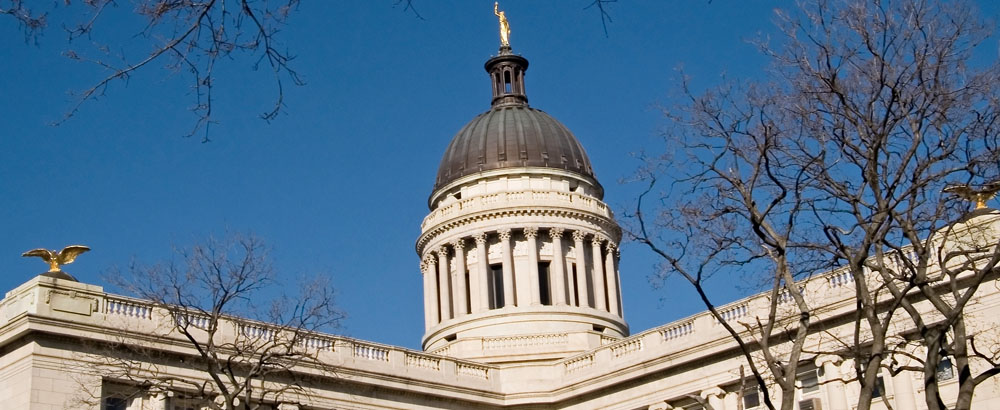If you die or become disabled unexpectedly while carrying student loan debt, it becomes even more difficult to pay it off. What happens to you were to die or become disabled with this debt? With students carrying hundreds of thousands of dollars in student loan debt after graduation, a tragic life event can leave the borrower and/or their family with a mountain of debt that may be impossible to pay off. Some may try to write it off, but bankruptcy regulations forbid them from doing so, barring extreme circumstances.

The New York Times reported that the New Jersey State Legislature recently passed a bill that would forgive state student loan debt in the event the borrower dies or becomes disabled. If the bill is signed into law, it would end the state’s student loan agency’s attempts to collect payment from the dead students’ families. The Office of Legislative Services projects that 70 loans would be forgiven each year to the tune of approximately $1.5 million.
A report by the Times and ProPublica showed that New Jersey has one of the strictest lending policies in the nation. Under the program, repayments are not based on income, those who are unemployed or are facing financial hardships are offered little to no relief and borrowers are charged higher interest rates than similar federal programs.
In addition, the state has the power to garnish wages, revoke professional licenses, seize state tax refunds and even take lottery winnings. The state has even gone so far as to sue the borrowers for nonpayment. According to the report, the reason for the state’s aggressive tactics is that the student loans are financed by Wall Street investors through tax-exempt bonds; therefore, the state has to answer to the investors, who want to keep their losses to a minimum.
Whereas other states have ceded their authority to the federal government, New Jersey continues to operate its state-run lending agency by using state money instead of federal money to distribute the student loans.
Other states run similar student loan programs, but are more accommodating to borrowers. In Massachusetts, for example, the debt is automatically forgiven if a student dies or becomes disabled. Texas offers a flat interest rate of 4.5%, which is almost half of New Jersey’s 8% rate. In Rhode Island, repayments can be made based on income.
Many college graduates who are saddled with student loan debt attempt to file for bankruptcy due to their inability to pay the loan. Student loans are generally not dischargeable in bankruptcy, except in extraordinary circumstances. The borrower must either be earning an income at or near the poverty line or is unable to work for a long period of time in order to meet the bankruptcy criteria. In addition, that person must have made a reasonable effort to pay down the loan.
If you have any questions regarding whether bankruptcy is right for you, contact the experienced attorneys at Hunziker, Jones & Sweeney, P.A. at (973) 256-0456 for a consultation.









